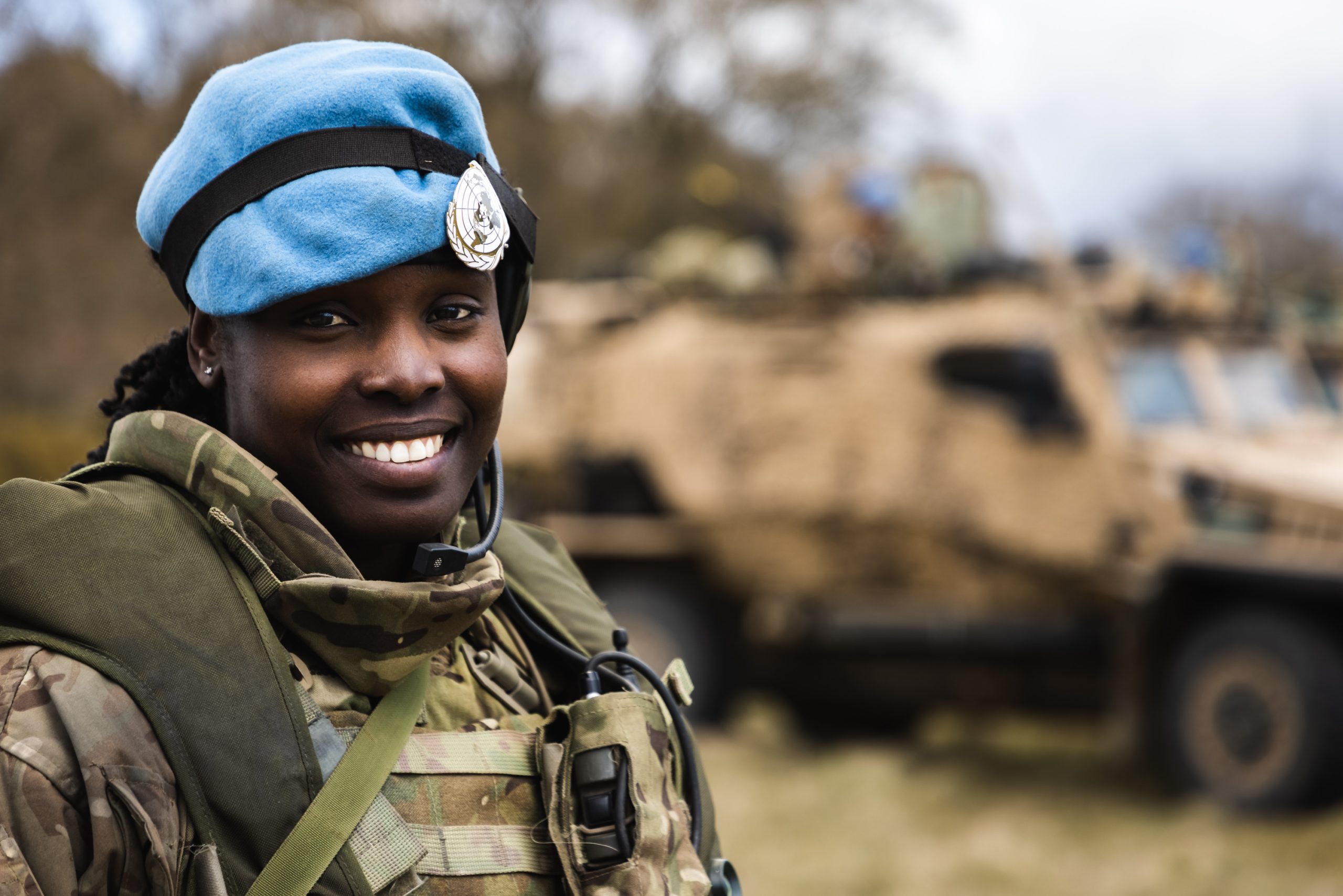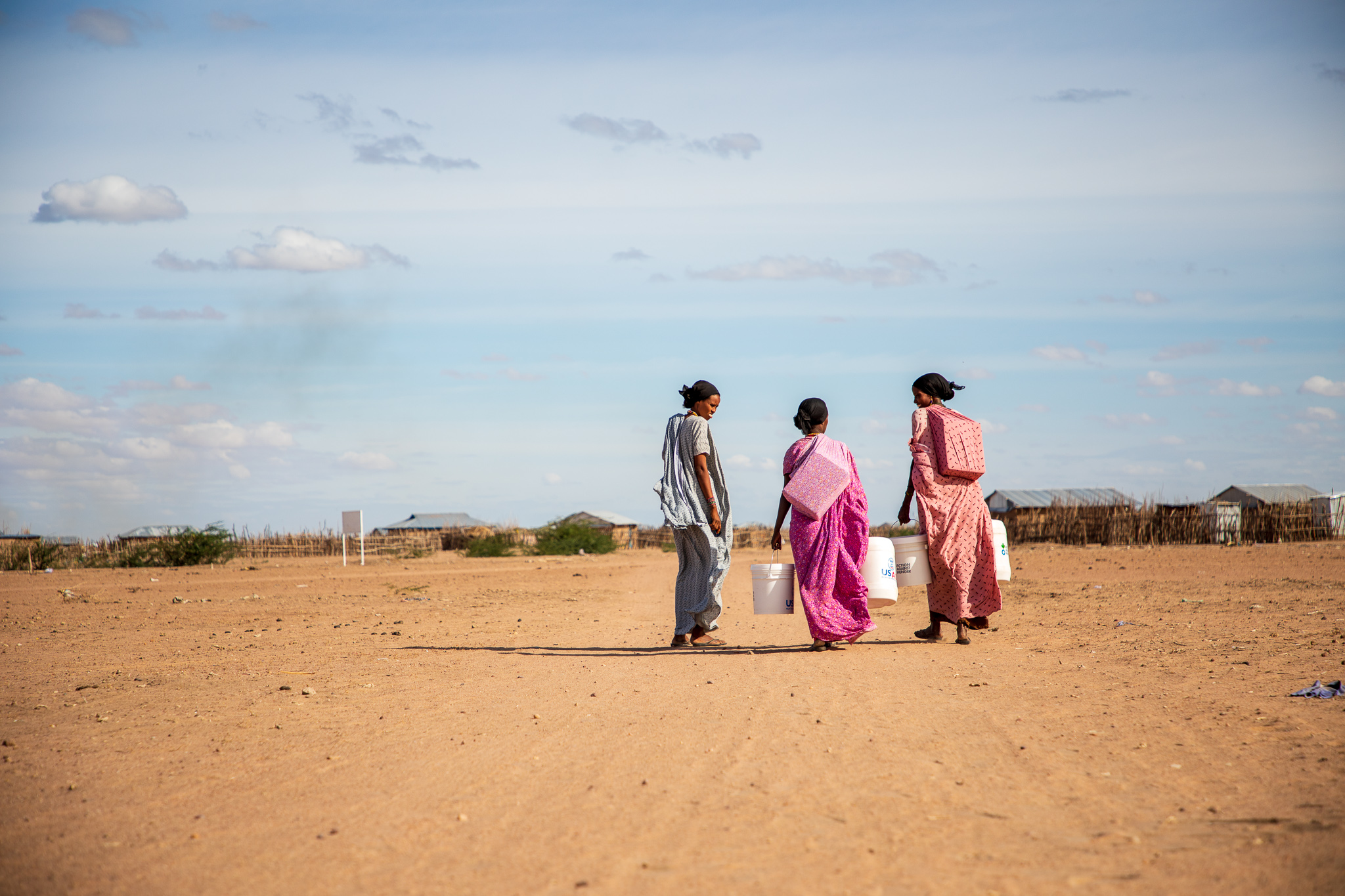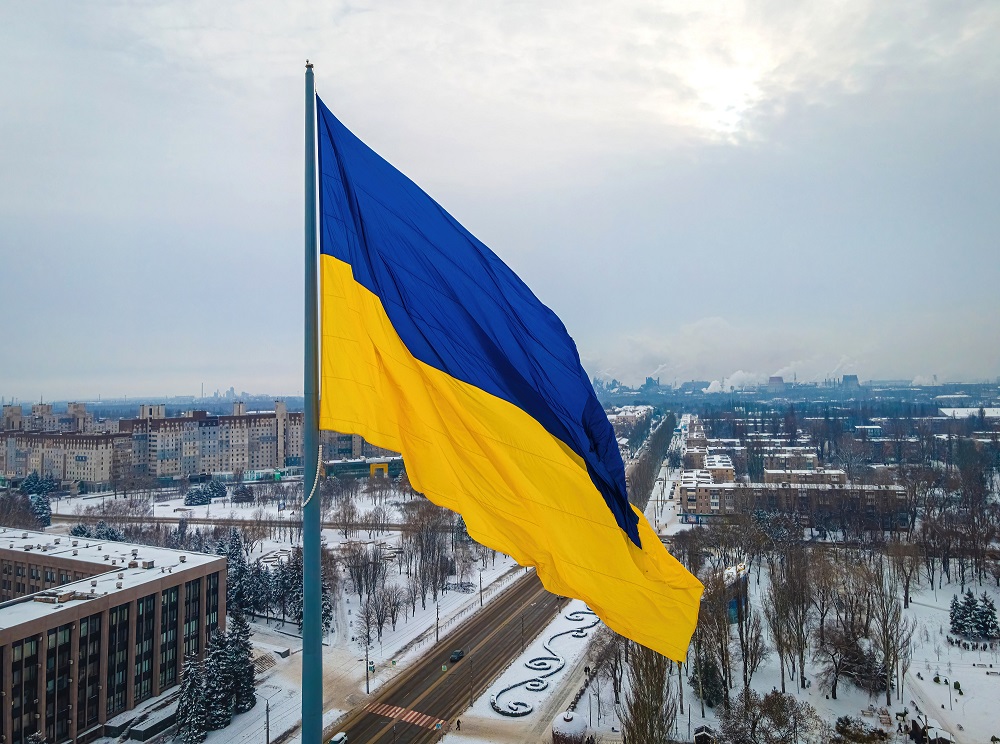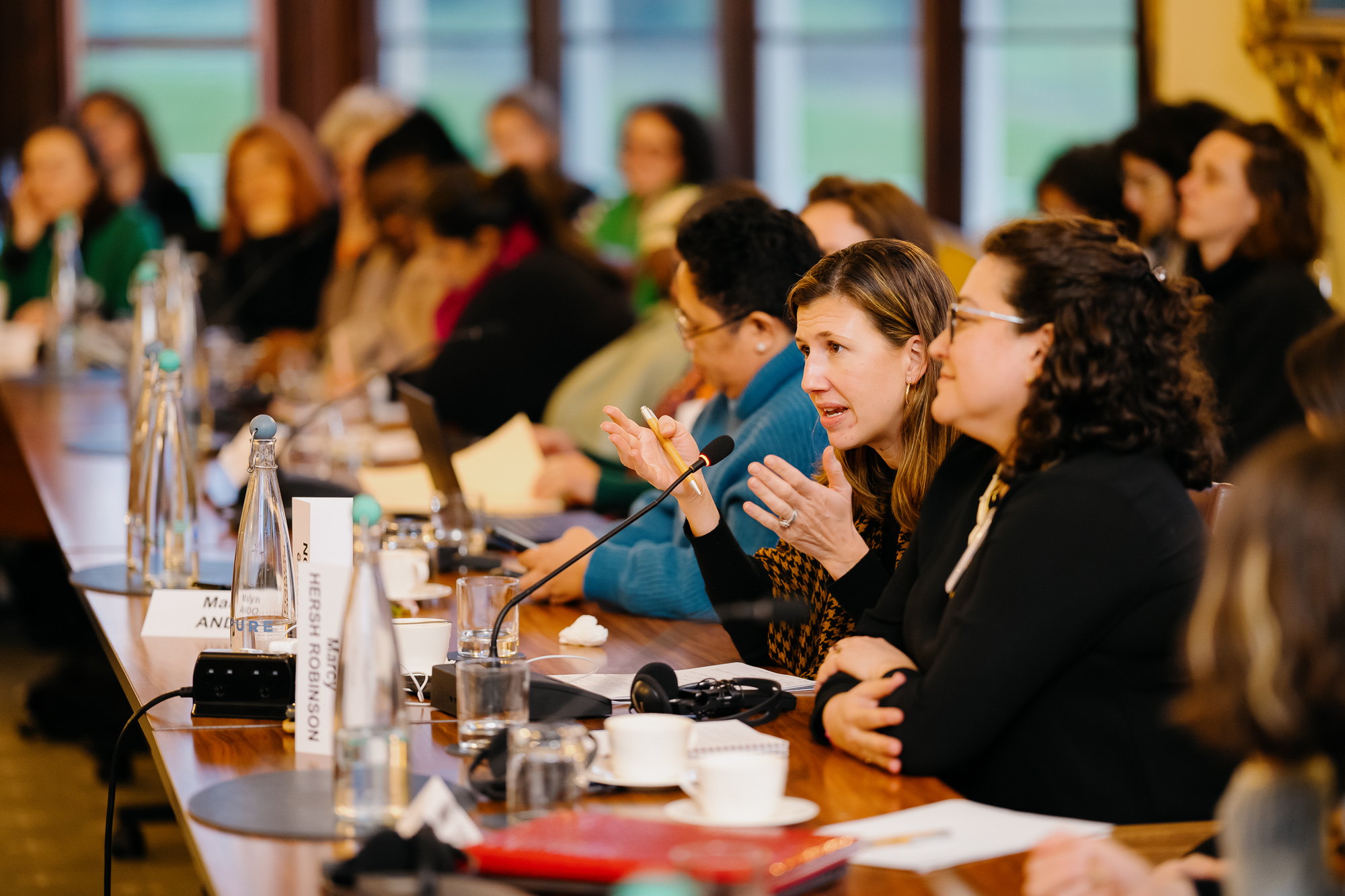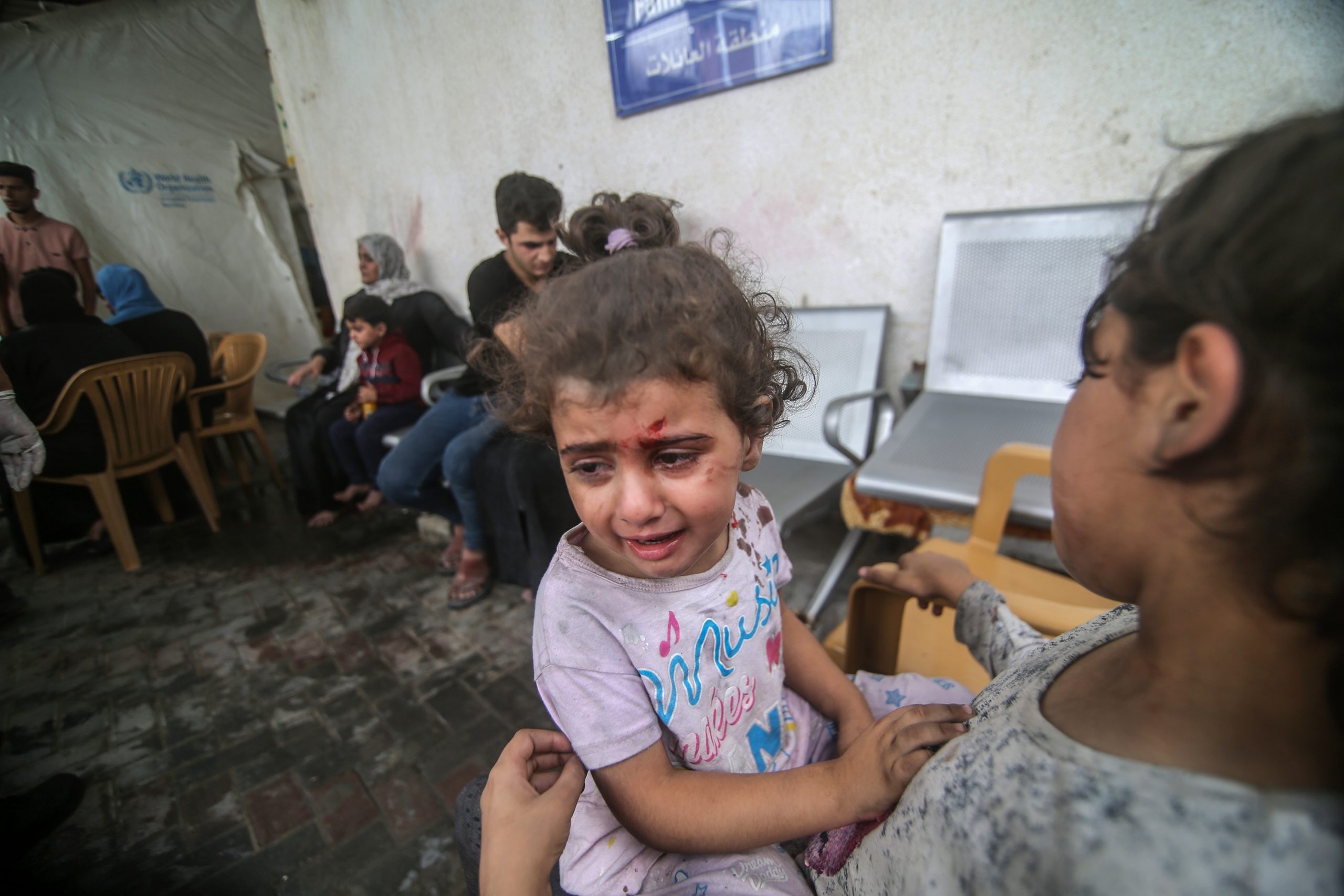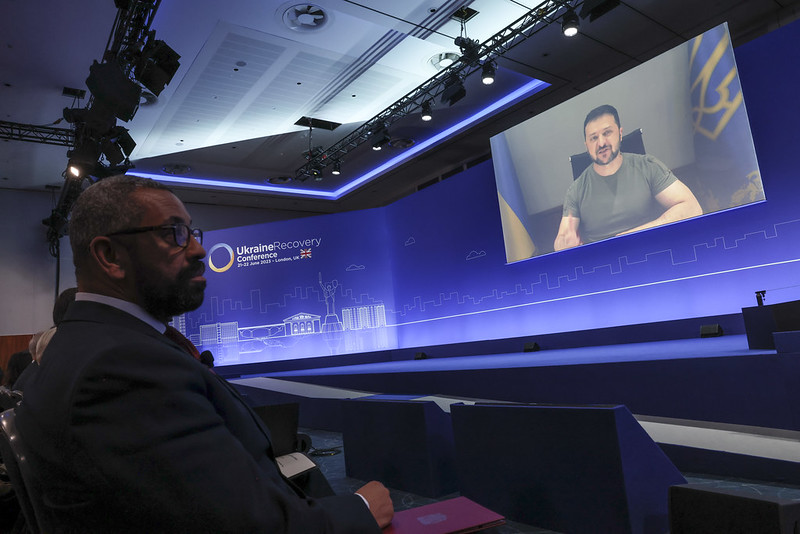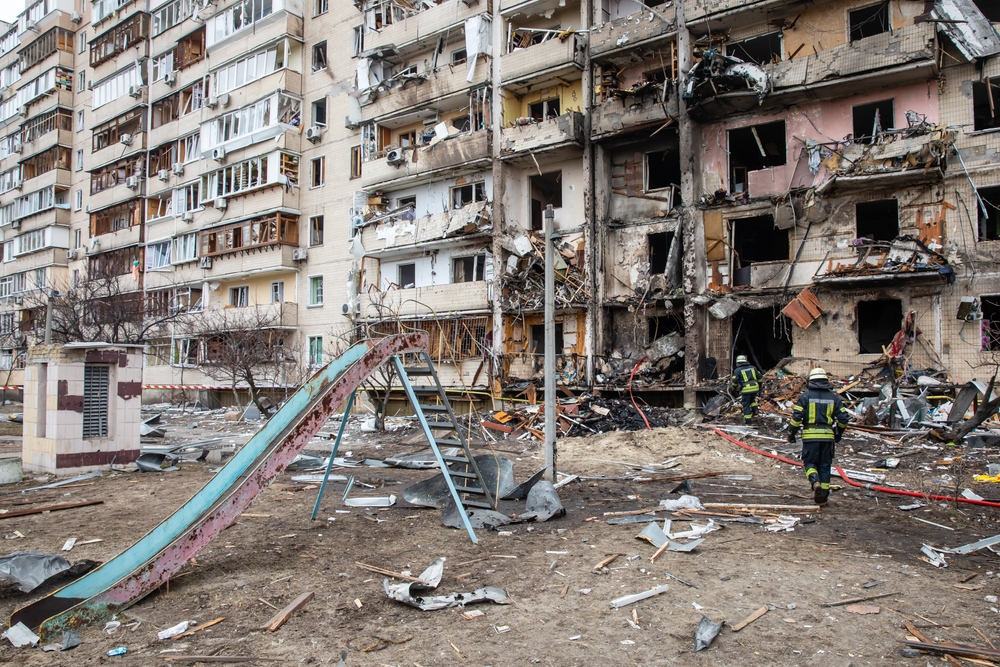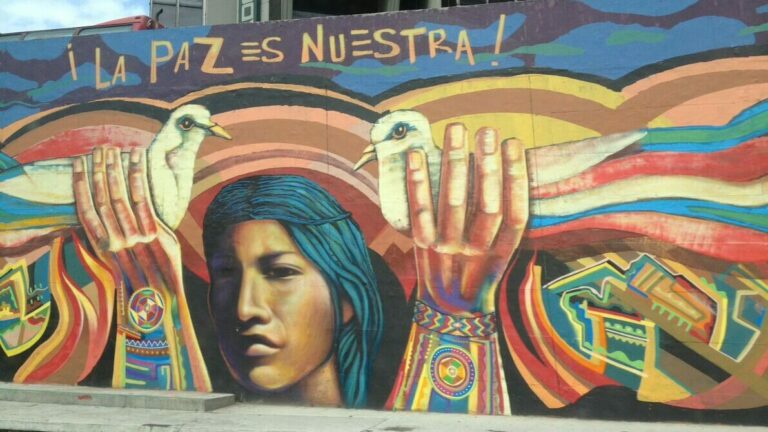With over 1.8 billion youth between the ages of 10 and 24 in the world today, we are living with the largest youth population in history. Supporting and empowering young people is a rising priority for policymakers, governance and inclusive growth agendas and investment at local, national, regional and global levels.
At the same time, many decision makers and politicians continue to fear that large youth populations may ignite political unrest and violence while states often neither ensure safe and inclusive spaces for youth nor fully tap into the potential that young people bring to building peaceful, just and inclusive societies.
While the overwhelming majority of youth do not engage in violence, nations with large youth populations often have shrinking civic space and higher levels of state repression. Grievances against the state for negligence, marginalisation and abuse are a consistent predictor for political violence, including violent extremism.
Addressing these root causes are critical in ensuring young people exercise their individual agency and voice and have an enabling environment to meaningfully engage in development processes. Such engagement could also support the broader revitalisation of inclusive politics and policy-making in our societies.
This meeting seeks to build on the Wilton Park dialogue Youth, Peace and Security and CVE, which took place in Washington DC in April 2019. At that event, participants focused on the 2018 report, “The Missing Peace: Independent Progress Study on Youth, Peace and Security” and the paper, “Youth and the Field of Countering Violent Extremism,” (2019) published by Promundo. Key themes that emerged from the discussion include the following:
- Young people’s peaceful protest and legitimate political activities are often suppressed and targeted in the name of CVE or CT. Hence young people are often more afraid of their governments than they are of terrorists or extremist groups;
- Corruption and political instability drives grievance and exclusion; the same happens when state security services work against youth;
- There is need for seismic change – ‘business as usual is not working’ – and the critical importance of political will to effect change;
- Unless we tackle systemic issues – government, security and police repression etc. – we will not address the main problems affecting youth;
- Current development and C/PVE approaches lead to initiatives which do not always include the youth we need to reach;
- Approaches to youth challenges focus on short-term projects and programmes; even when programmes go to scale, they are unsustainable once the funding comes to an end:
- How can high-level political will translate into practical implementation?
- Trust (or lack of trust) is a central component in youth-state relations. Loss of trust in governments and in representative democracy or in multilateralism is matched and often reinforced by loss of trust in economies which appear to exclude young women and men;
- There is a need to challenge the dominant narrative of youth as ‘trouble’ and lacking capacity to do peacebuilding well (youth typically do not have the political space to promote peace and security);
- There is an alternative, creative investment path in the sources of youth resilience and through opening up spaces for the positive contribution of young women and men through inclusion and participation;
- How are online communities shaping societies? What are examples of credible approaches and voices in social media spaces?
The follow-up event at Wilton Park in December 2019 is on Youth and the State. Participants will connect this discussion to the above-mentioned reports, as well as to Frontlines, recently released by UNDP (May 2019) and Agenda 2030, in particular SDG16 on peaceful, just and inclusive societies. Participants will analyse relations between youth and state and the reasons why they are so often based on fear, mistrust and resentment as well as assumptions that are misleading and counterproductive. The event also will reference promising practices that seek to improve youth-state relations, even when state repression and exclusion of youth is significant.
Central to the discussion will be examining how key actors (governments – including security sectors – and regional organisations, youth activists, donor institutions and practitioners) address or avoid central factors in the youth-state dynamic. Instructive examples and approaches that promise to enable inclusive and collaborative youth-state engagement will be highlighted.
The purpose of the meeting is to identify key constraints and opportunities for reversing youth exclusion and improving relations between young people and their respective governments, linking this to broader processes of building peaceful, just and inclusive societies. This will include developing a plan for concerted action that draws from the reports and existing normative and policy frameworks, and then addresses the specific roles of youth activists, governments and regional organizations, other development partners/donor institutions and practitioners. This action plan may be developed in subsequent meetings.



